A collaboration between the public and private sector invites young professionals for a “Workation” in Klaipėda, to encourage them to stay for good in a modern urban environment with a high quality of life.
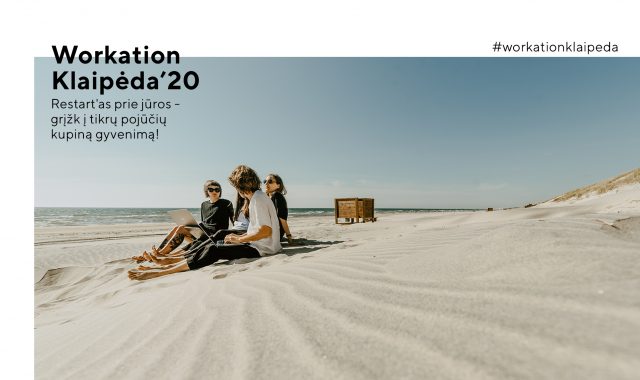

A collaboration between the public and private sector invites young professionals for a “Workation” in Klaipėda, to encourage them to stay for good in a modern urban environment with a high quality of life.
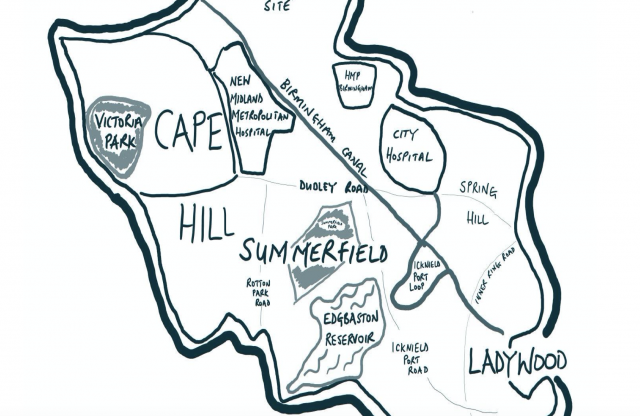
This project has created a unique model of economic development that is inclusive and results in lasting urban regeneration, by raising aspirations, building community resilience, and connecting people to local resources.
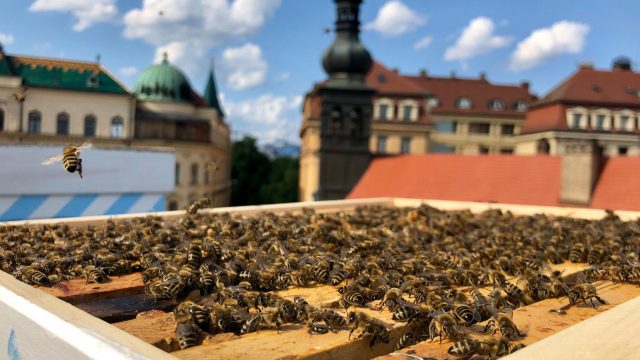
Bratislava’s Mayor enhances biodiversity by bringing bee colonies to the city to produce honey on top of municipal buildings.

Ground-breaking public-private partnership scheme supports local restaurants through the Corona crisis, while providing home-schooled pupils with alternative school canteen lunches.
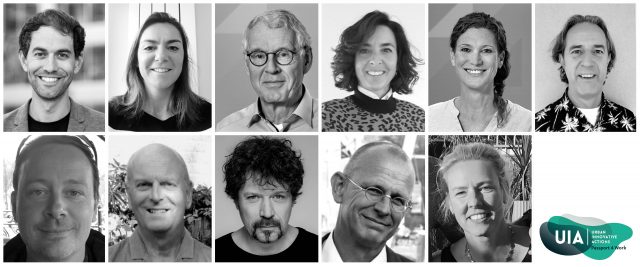
A gamified approach closes the gap between a low-skilled labour force and the fast-growing technical sector, with the help of a skills passport and a tailored education programme for job seekers.
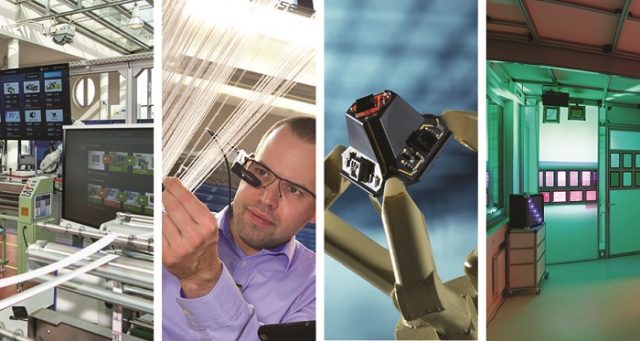
The government provides small- and medium-sized companies with expert guidance and advice on how to take part in the digital transformation, through a cross-sectoral programme of knowledge and technology transfer.
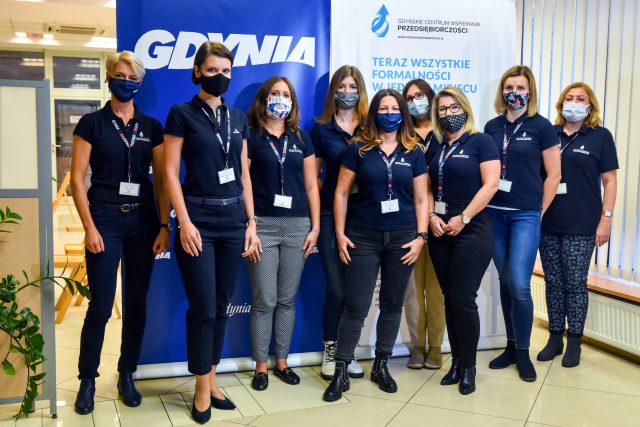
A city administration offers all businesses legal, marketing, and business-counselling support for free, to mitigate the effects of the COVID-19 lockdown.
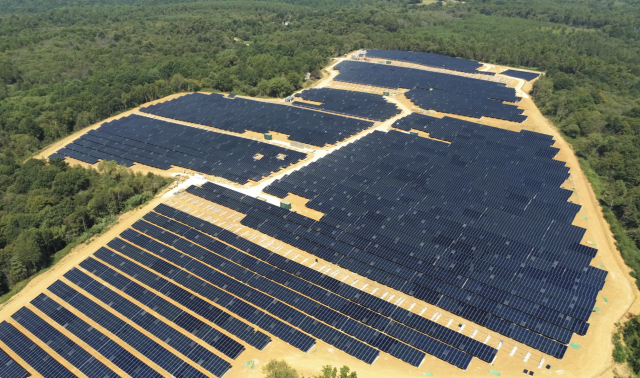
A public-private collaboration converted a former landfill site into a solar power plant which supports the region’s transition to a more responsible energy system, benefitting the local environment and economy.
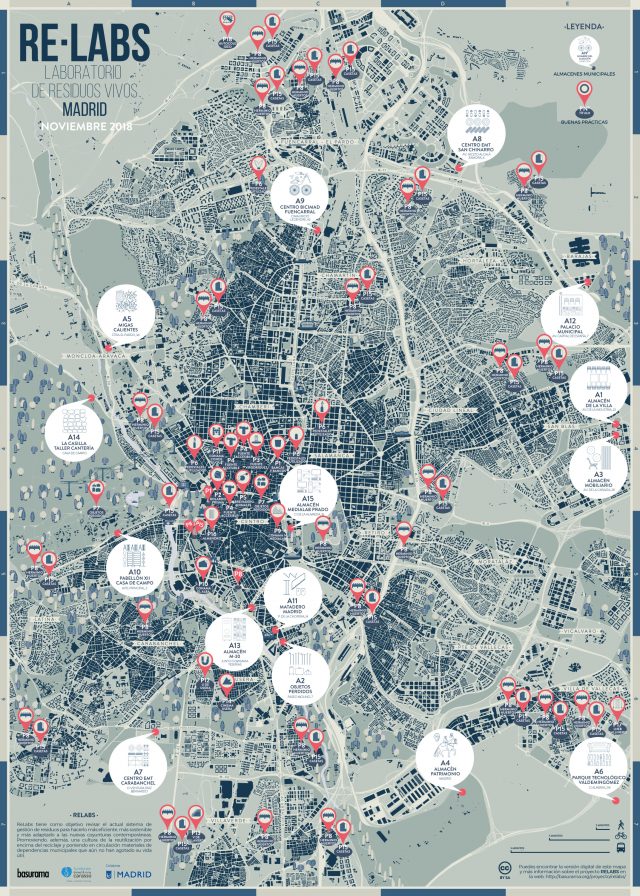
A circular system of material usage and re-use changes the urban design and waste management landscape of Madrid, leading to the construction of playgrounds from repurposed materials as well as fundamental systemic changes.
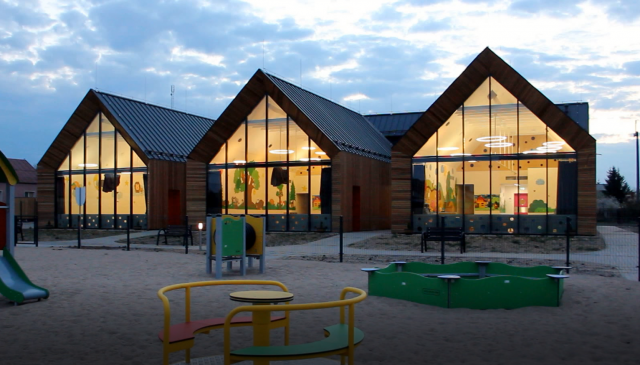
An environmentally sustainable and modern nursery provides state-of-the-art facilities for young children, and more flexibility for parents.
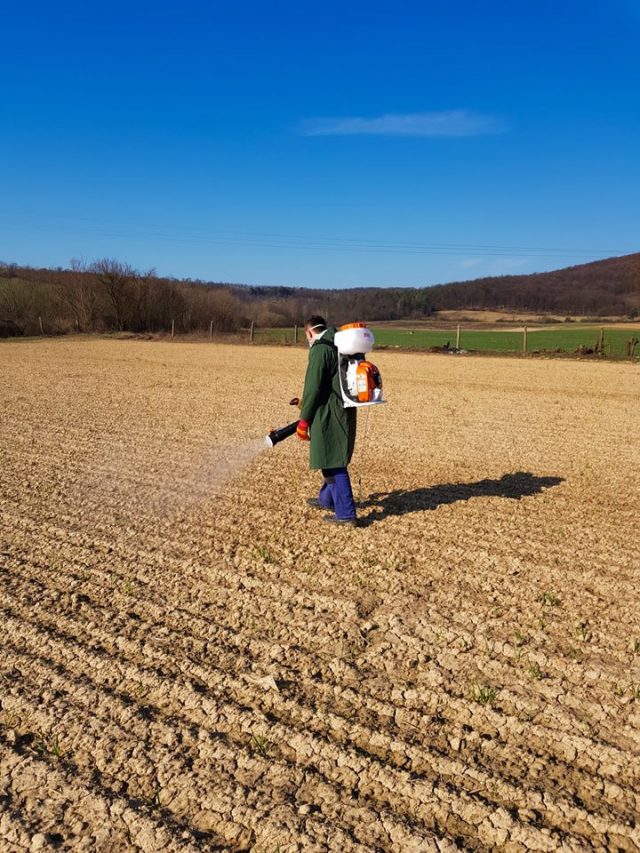
A regional employment agency sets up two integrative social enterprises to support and address the specific needs of disadvantaged and marginalised people with employment difficulties, providing skills development and work experience.
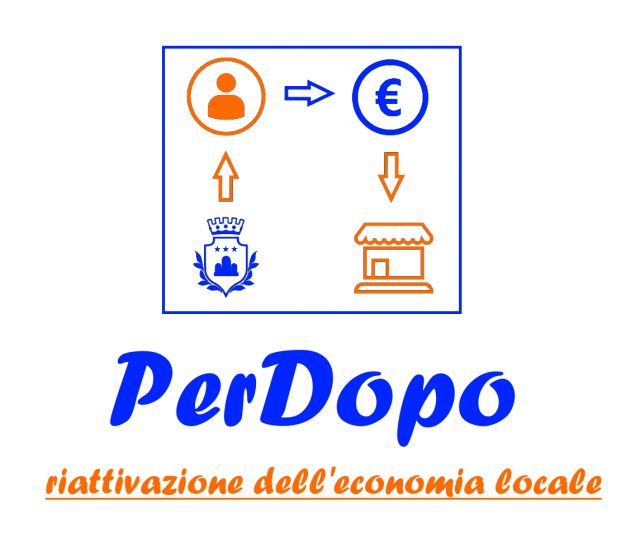
Citizens invest in their favourite services and restaurants with advance payments that are doubled by the municipality, reactivating the local economy in a time of crisis.